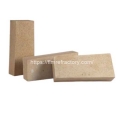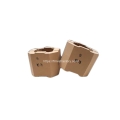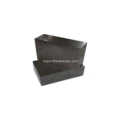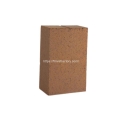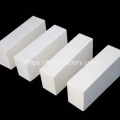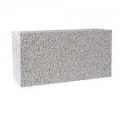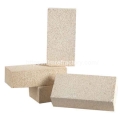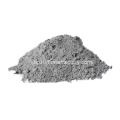- Performance. Innovation. Worldwide. Your trustworthy Refractories Manufacturing Partner--Fireramo
- +86 175 3769 7777
Contact
Contact us on WhatsApp
High Quality Refractory Bricks
Insulation Bricks for Sale
Monolithic Refractory
6 Acceptance Steps after Cement Kiln Construction
Acceptance is the last step in industrial kiln lining construction, and it is also the most important step. During the construction quality acceptance process of refractory materials for cement kilns, the following 6 steps need to be followed:

Engineering inspection
Project quality inspections should be carried out at any time during the construction process, and process control should be done well. Unqualified phenomena must be corrected at any time. If serious construction problems arise, then rework will be required.
Use a plug ruler to check the thickness of brick joints
Use a feeler gauge to check the thickness of the brick joints. The top of the feeler gauge must not be sharpened. The feeler gauge is 15mm wide, 100mm long, and has four thicknesses: 1mm, 1.5mm, 2mm, and 3mm. Refractory brick linings are divided into four categories according to the size of the brick joints and the fineness of the operation. The categories and brick joint sizes are: Class I ≤ 0.5mm, Class II ≤ 1mm, Class III ≤ 2mm, and Class IV ≤ 3mm. The refractory lining of the rotary kiln system is built with refractory mortar. The mortar joints should be within 2mm. Those with a feeler gauge inserted into the joints to a depth of ≤20mm are qualified. Every 5m of masonry surface, 10 places are randomly inspected.
Check the flatness
Use a 2-meter ruler to check the flatness, and measure against the refractory bricks every 3 to 5 meters. The largest gap shall prevail and should not exceed 5mm.
Concealed works should be accepted
For all covered concealed projects, the insulation layer and anchors, water loss prevention measures, pre-embedded measures, and other concealed projects should be accepted before entering the next process.
Acceptance inspection
After some projects are completed,acceptance should be carried out. The inspection items are as follows: the overall dimensions, lining thickness, and center line of the masonry; material usage; expansion joints, brick joints, levelness, verticality, and surface smoothness; process facilities and holes; appearance inspection. After the inspection of the projects, the project acceptance form should be filled out, and it will take effect after the signature of the acceptance personnel.
Data Retention
Relevant materials must be collected, recorded, organized, and finally archived and kept as required.
Refractory solutions for industry
Specializing in refractory materials for over 20 years, we provide professional refractory solutions for the global high temperature industry.
Related Posts:
- Construction, Maintenance and Baking of Refractory Ramming Materials for Cement Kilns
- Refractory Castables for Different Parts of Cement Kilns
- Complete Introduction of Cement Rotary Kiln
- Cement kiln crusting and clogging causes and solutions
- Refractory cement castables selection guide
- Refractory Bricks for cement rotary kiln lining
Theme By Fireramo
